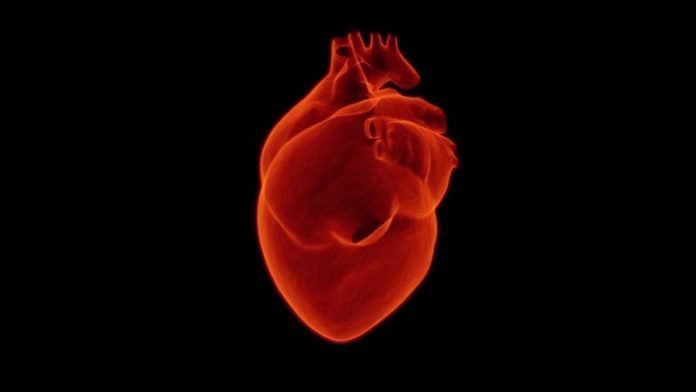
Have you had your cholesterol checked? Most adults should have a cholesterol test every 4 to 6 years.
That’s because nearly 78 million American adults have high levels of the type of cholesterol that’s linked to heart disease and stroke.
Cholesterol is a waxy, fat-like substance that your body needs to function properly. It travels through your bloodstream to reach the cells that need it.
Your cells use cholesterol for many important functions, like making hormones and digesting fatty foods.
But too much cholesterol in your blood can cause waxy buildup called plaques in blood vessels.
“These plaques can eventually become inflamed and rupture, leading to a clot,” explains cholesterol expert Dr. Ronald Krauss at UCSF Benioff Children’s Hospital Oakland.
If a clot blocks blood flow through an artery in the heart, it can cause a heart attack. “Or, if this happens in the artery of the brain, it can cause a stroke,” he says.
Cholesterol travels through the bloodstream in particles called lipoproteins. There are different types of lipoproteins that have different effects.
Low-density lipoproteins, or LDLs, contribute to plaques. LDL cholesterol is sometimes called “bad” cholesterol.
“Many people in this country have too many of these LDL particles in the blood,” Krauss says. Studies have found that lowering LDL cholesterol levels reduces heart disease and stroke.
The most common cause of high LDL cholesterol is an unhealthy lifestyle. Excess body weight and eating a lot of animal fats are linked to high levels of LDL cholesterol.
The genes that you inherit from your parents, other medical conditions, and certain medicines can also cause high cholesterol.
You may also have heard about “good” cholesterol: high-density lipoproteins, or HDL. HDL particles absorb cholesterol and carry it to the liver.
The liver then flushes it from the body. That’s why scientists previously thought that raising levels of HDL cholesterol might lower your risk for heart disease and stroke.
But recent research suggests that HDL cholesterol works better in some people than others.
And clinical trials haven’t found that medicines aimed at raising HDL cholesterol reduce the risk of heart attack. There’s still a lot to learn about HDL.
Lab tests can measure the different types of cholesterol in your blood. How often you should get tested depends on your age and other risk factors, including a family history of high cholesterol or heart disease.
If tests show that you have a high level of LDL cholesterol, your doctor may order additional tests. You can try to lower it by eating a heart-healthy diet, being physically active, and losing excess weight.
For some people, lifestyle changes aren’t enough to lower LDL cholesterol. Your biological makeup can be a strong influence on cholesterol buildup, too.
In these cases, a type of drug known as a statin is the usual treatment. Doctors may combine statins with other drugs.
If your LDL cholesterol is very high, Krauss says it’s important that your family members get tested, too. If your genes put you at risk for high cholesterol, your close relatives might have a similar risk.
Talk to your doctor about getting tested. And remember that heart-healthy lifestyle changes can not only lower cholesterol levels but also bring many long-term health benefits.
If you care about cholesterol and heart health, please read studies about these diets are naturally low in cholesterol and can protect your heart and findings of an easy way to prevent heart disease, reduce cholesterol.
For more information about heart disease prevention and treatment, please see recent studies about these two diabetes drugs could both effectively reduce heart and kidney disease and results showing that eating this food could cause excessive belly fat and heart fat.



